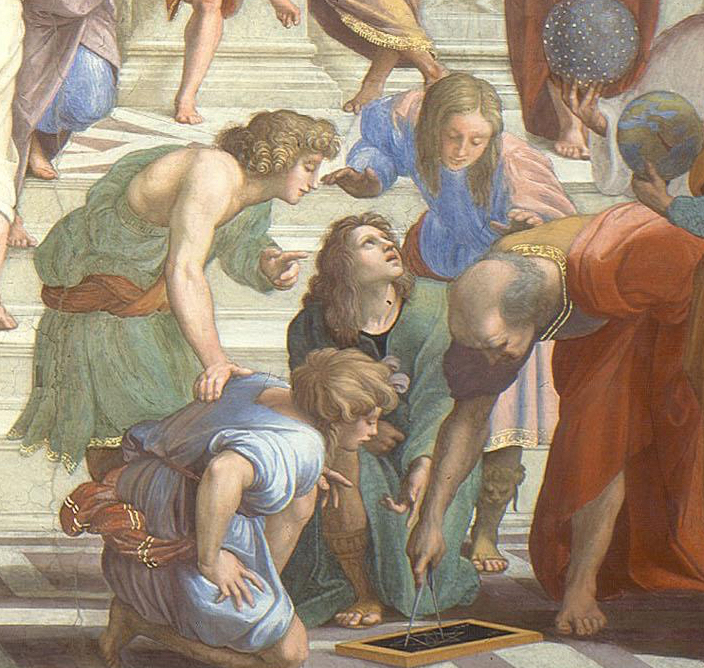Review of Theodore Roszak’s From Satori to Silicon Valley (Lexikos Press, 1986)
(Originally published inThe Whole Earth Review)
Theodore Roszak, the man who coined the word and the idea of counterculture, has come out with an eloquently written, tightly argued little book that brings together the counterculture of the 1960s with the cyber culture of the seventies and eighties. Originally delivered as the 1985 Alvin Fine Lecture at San Francisco State University, From Satori to Silicon Valley has all the advantages of an oral presentation: not too long, not freighted with dozens of footnotes, yet offering a clear vision what of ties together the psychedelic and visionary impulses of the Haight-Ashbury era and the high-tech thrust of computer culture. Anyone interested in the genesis of Bay Area visionary culture and/or computers should read this book. If you are an enthusiastic flag-waver for the digital revolution, however, be forewarned: though not as devastating as Roszak’s Cult of Information, this book paints a somber picture of what became of hippie and hacker ideals as the world of international business absorbed them into its vastly older and more powerful domains. In the struggle between what Roszak calls “reversionaries” — hippies who believed in “back to nature” and the organic way, and who earnestly decried the military-industrial complex — and the technophiles — better living through psychedelic chemistry and a digital solution to world problems — one side won and the other lost. We are living with the consequences of these victories and defeats right now, and will be for years to come.
Here is how Roszak sums up the fate of Haight-Asbury visionary (“Satori”) culture:
"It was an attractive hope that the high technology offer society might be wrested from the grip of benighted forces and used to restore us to an idyllic natural state. And for a brief moment — while the music swelled, and the lights flashed, and the dope cast its spell — it looked like the road forward to many bright spirits. But ultimately — and really in very short order — the synthesis crumbled and the technophilia values of the counterculture won out. They are, after all, the values of the mainstream and the commanding heights, forces that have proved far more tenacious than most members of the counterculture guessed."
Backstory
For some years I was director of the Alvin Fine San Francisco Endowment at San Francisco State University. Over the years, we sponsored a number of very talented speakers and writers: Lawrence Ferlinghetti, Kevin Starr, and Theodore Roszak, to name a few. I asked Dr. Roszak if he could address the nature of the Haight-Ashbury movement in the 1960s, and where he thought its visions and energies of that era changed in subsequent years. His response was From Satori to Silicon Valley.
It is interesting to think about how well his prophesies have played out. Central to that exercise, of course, is how much we see of the Haight-Ashbury spirit lives (or does not live) in the online world today. Steven Levy (in his Insanely Great (1994), defined the central principles of digital culture this way:
1) Decentralization
2) Sharing
3) Knowledge is a good in and of itself
How much of that vision still lives in the online world?



